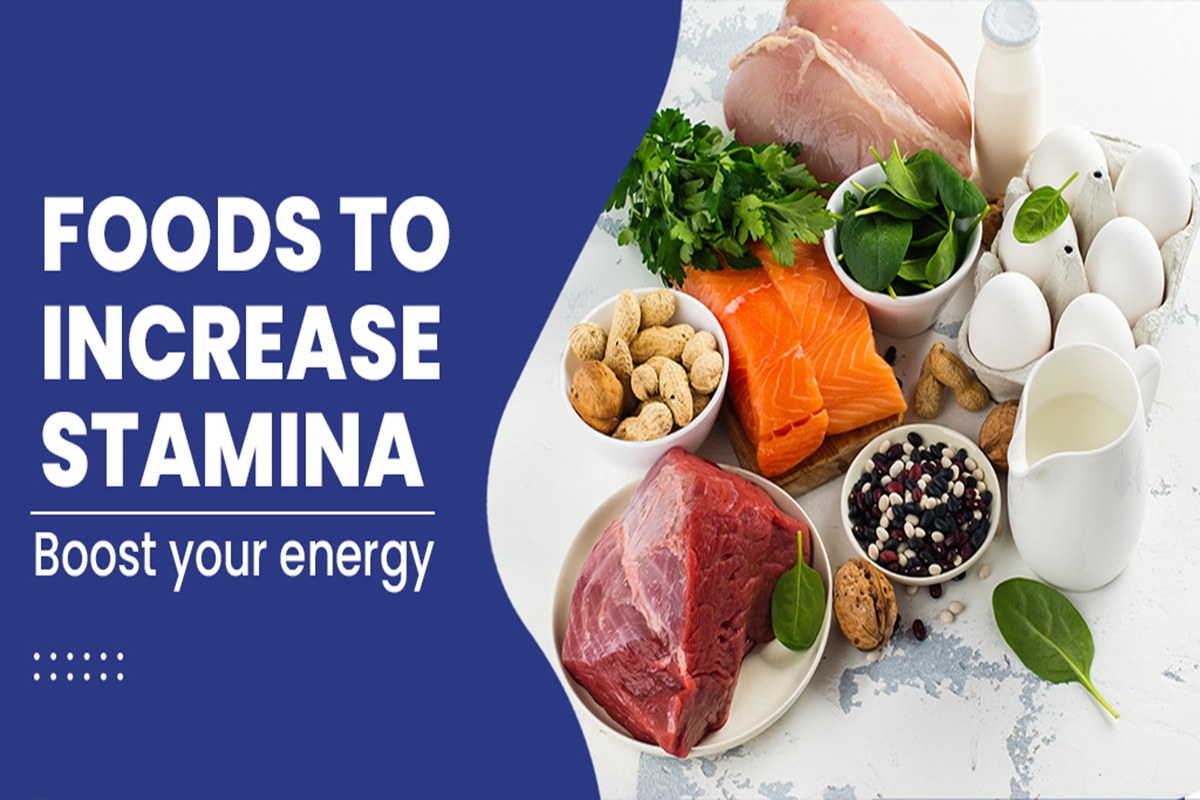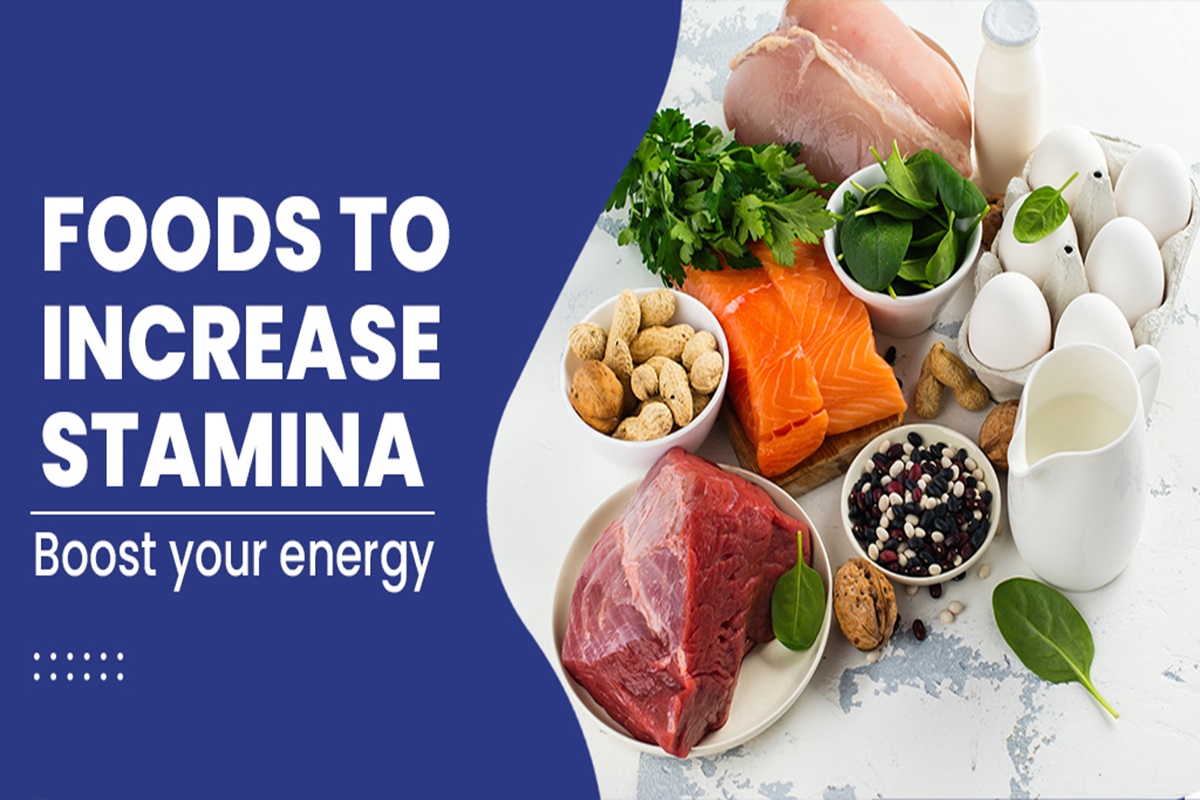If you’ve ever wondered why everyone seems to be jumping on the plant-based bandwagon, you’re not alone. From athletes to celebrities, it seems like everyone is touting the benefits of plant-based diets, rich in fruits, vegetables, grains, and legumes. But is there really something to it, or is it just another passing fad? Let’s dig in and explore the genuine benefits of plant-based diets—no fluff, just facts.
1. Heart Health: The Beat Goes On
Imagine your heart as the engine of a car. It’s what keeps everything running smoothly. Now, would you rather fuel that engine with clean, high-quality fuel or something that clogs the pipes? A plant-based diet is like giving your heart the premium fuel it needs. Studies have shown that people who focus on plant foods have lower blood pressure and cholesterol levels, which means a reduced risk of heart disease.
Take my uncle, for example. A few years back, he switched to a mostly plant-based diet after a health scare. Now, he’s like a new person, full of energy and with a heart that’s ticking along just fine. It’s no wonder doctors often recommend a diet high in fruits and veggies for those looking to keep their ticker in top shape.
2. Weight Loss: The Effortless Way
Let’s face it: losing weight is hard. Diets often feel like torture, but what if I told you there’s a way to shed pounds without feeling deprived? Enter the plant-based diet. It’s not about counting every calorie or cutting out everything you love. It’s about filling your plate with foods that are naturally lower in calories but high in fiber, so you feel full and satisfied.
Consider this: people who follow plant-based diets often report that the weight just seems to fall off without much effort. That’s because plant foods are nutrient-dense but low in calories, making it easier to maintain a healthy weight. It’s like having your cake and eating it too—if that cake were made of whole grains and sweetened with dates, of course.
3. Digestive Health: Keeping Things Moving
Have you ever heard the saying, “A happy gut equals a happy life”? It might sound funny, but there’s a lot of truth to it. Your gut is home to trillions of bacteria that play a crucial role in your overall health. A plant-based diet, rich in fiber, is like a feast for those good bacteria. Fiber acts as a broom, sweeping through your digestive tract and keeping everything moving smoothly.
I remember my friend Lucy, who used to struggle with digestive issues. She switched to a plant-based diet, and now she swears by it. “It’s like my stomach is finally on board with the rest of my body,” she says. Fiber is the unsung hero of the digestive world, and plant-based diets are packed with it.
4. Chronic Disease Prevention: The Ultimate Shield
Think of your body as a fortress, constantly under attack by invaders like free radicals and inflammation. A plant-based diet is like an army of defenders, armed with vitamins, minerals, and antioxidants. These nutrients protect your cells, reducing the risk of chronic diseases like type 2 diabetes, certain cancers, and kidney disease.
It’s not just about what you’re avoiding (like saturated fats and processed meats) but also what you’re adding—foods that actively fight disease. For example, studies have shown that people who eat a plant-based diet have a lower risk of developing type 2 diabetes. It’s like putting on armor every time you sit down to eat.
5. Environmental Impact: Saving the Planet One Bite at a Time
We’ve all seen the headlines about climate change, and it can feel overwhelming. But did you know that what you eat can make a difference? A plant-based diet is one of the most effective ways to reduce your carbon footprint. It’s like giving the Earth a big hug every time you choose a veggie burger over a beef patty.
Here’s a quick fact: producing plant-based foods generally requires fewer resources, such as water and land, and results in lower greenhouse gas emissions. For instance, growing lentils uses a fraction of the water needed for beef production. So, if you care about the planet, a plant-based diet is a simple and delicious way to contribute to a healthier Earth.
6. Athletic Performance: Fueling the Fire
You don’t have to be an Olympic athlete to benefit from a plant-based diet, but if you are, all the better. More and more athletes are discovering that plant foods provide the fuel they need to perform at their best. It’s like switching from regular to supercharged fuel for your workouts.
Take a look at some of the world’s top athletes—many of them swear by plant-based diets. They claim it helps with endurance, recovery, and overall performance. Whether you’re training for a marathon or just trying to get through a tough spin class, plant-based eating can give you the energy and stamina you need.
7. Longevity: Adding Years to Your Life
Who doesn’t want to live a long, healthy life? It’s the ultimate goal, right? A plant-based diet might be your ticket to those golden years. Research suggests that people who eat more plants tend to live longer, healthier lives. It’s like adding a few extra chapters to your life story.
Take the residents of Okinawa, Japan, for instance. Their diet is rich in sweet potatoes, soy products, and vegetables, and they boast some of the longest life expectancies in the world. It’s a clear example of how what you eat today can impact how you feel tomorrow—and for years to come.
Related Post: Power of Nature: Plants as Next Frontier in Renewable Energy
8. Mental Clarity: Feeding Your Brain
Ever feel like you’re in a fog? What you eat can have a big impact on how sharp and focused you feel. A plant-based diet, packed with nutrients like omega-3s and antioxidants, is like brain food. It helps protect against cognitive decline and keeps your mind clear and focused.
For example, studies have shown that people who follow plant-based diets report lower levels of anxiety and depression. It’s like lifting a cloud that you didn’t even realize was there. So, if you want to stay sharp as a tack, loading up on fruits, vegetables, and nuts might be the way to go.
9. Ethical Eating: Choosing Kindness
Let’s not forget the ethical side of things. For many people, a plant-based diet is a way to align their food choices with their values. It’s about choosing kindness and compassion over cruelty. Think of it as voting with your fork—each meal is a chance to make a difference.
This was a big motivator for my cousin, who went vegan a few years back. She couldn’t stand the thought of contributing to animal suffering, so she made the switch. Now, she’s healthier and happier, knowing that her choices reflect her values. It’s a win-win situation.
10. Variety is the Spice of Life
One of the biggest myths about plant-based eating is that it’s boring. But if you’ve ever tried a colorful Buddha bowl or a zesty black bean chili, you know that’s far from the truth. Plant-based diets are anything but dull. They’re bursting with flavor, color, and texture.
I’ve had friends who were skeptical at first, only to be blown away by the variety and richness of plant-based dishes. The key is to get creative—experiment with spices, try new recipes, and explore different cuisines. You’ll find that plant-based eating is like opening the door to a whole new world of flavors.
Conclusion
In a nutshell, plant-based diets aren’t just about eating more vegetables—they’re about embracing a lifestyle that’s good for your body, your mind, and the planet. Whether you’re looking to boost your heart health, shed a few pounds, or do your part for the environment, there’s no denying the benefits of plant-based diets.
So, why not give it a try? Start small, maybe with Meatless Mondays or by swapping out your usual snacks for some fresh fruit. You might just find that a plant-based diet is the change you’ve been looking for. After all, the best time to plant a tree—or in this case, a new eating habit—was yesterday. The second-best time? Right now.





